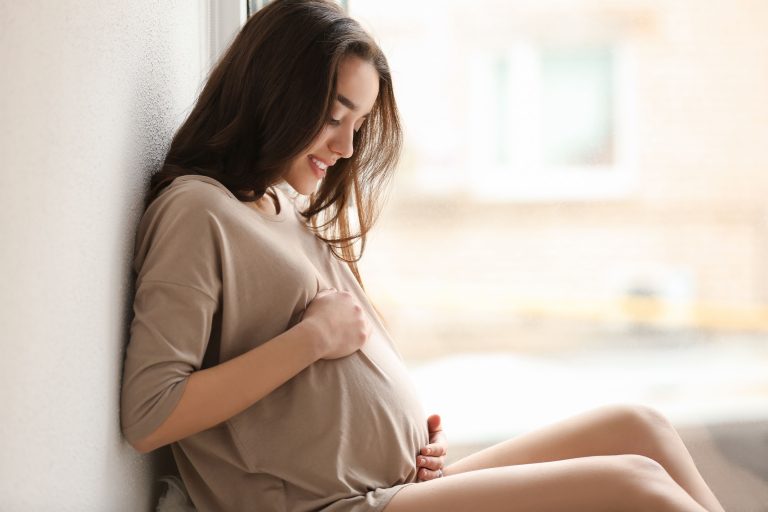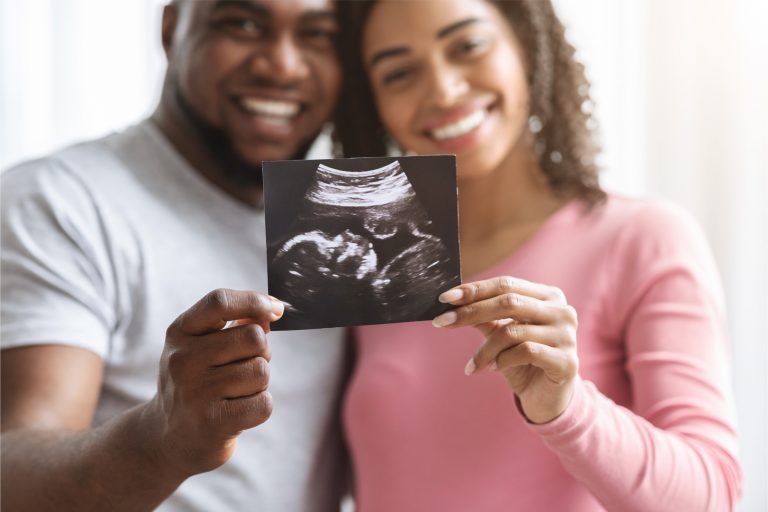Solutions for heavy bleeding bring needed relief
On average, a woman’s period lasts four or five days and causes only minor discomfort and inconvenience. However, some women have periods lasting much longer – up to 14 days – that may be irregular, no longer following a 21- to 35-day cycle. What’s more, menstrual flow can be so heavy that a pad or tampon or more is soaked every hour. If this sounds familiar, seek medical advice for some much-needed relief.
According to Andrew Markowitz, M.D., OB/GYN, “The causes for heavy bleeding can be very different, but the result is usually the same. Women feel tired and fatigued, have cramping and pain, iron deficiency, and interference with work, sports, and overall enjoyment of life. It’s frustrating for them and I really appreciate the difficulties it causes. As a physician, I work hard with my patients to help them find relief so they can enjoy every day to the fullest.”
Two age groups are most often affected: Young women who have just started their periods and mature women approaching or experiencing menopause. “During these stages of life, hormonal imbalance can make periods become very heavy,” says Dr. Markowitz. “It’s possible that menstrual cycles are occurring without release of an egg, which means the body doesn’t signal the production of progesterone, the hormone that regulates periods and growth of the endometrium, the lining of the uterus which is shed during a period. The lack of progesterone can cause periods to become very heavy or irregular,” said Dr. Markowitz.
Other common causes are uterine fibroids, polyps, medications, or other medical conditions, including PID (pelvic inflammatory disease) and thyroid problems.
Treatment options
A woman’s age is a major factor in determining treatment. “Younger women who want to have children often opt for medications,” says Dr. Markowitz. “We can prescribe oral progesterone, oral contraceptives to help regulate hormone levels in the body, or a hormonal IUD, which releases a hormone that thins the uterine lining, decreasing blood flow and cramping. For many women, NSAIDs, non-steroidal anti-inflammatory drugs, help with pain.”
If these options aren’t successful, or if childbearing years are in the past, another effective procedure can be considered.
Endometrial ablation
“Endometrial ablation is a procedure that destroys the lining of the uterus using laser, heat, or a freezing technique with local anesthesia. It is done on an outpatient basis,” explains Dr. Markowitz. “The endometrium heals by scarring, and the uterine lining, which builds up every month and leaves the body during a period, no longer builds up as it did before.” It is important to note that women should not become pregnant after the procedure.
About half the time, women stop having periods completely. For the rest, their periods are usually lighter.
What to do if you experience heavy bleeding
If you experience heavy bleeding that interferes with your lifestyle, make an appointment with a physician at the Women’s Health and Menopause Center. Keep track or estimate the number of pads or tampons soaked during a typical heavy period, as well as the dates and length of your periods.
Your physician will take a complete history and discuss options for treatment that fit your age, lifestyle and personal preferences.
“We want women to know that there are very effective treatment options available,” says Dr. Markowitz. “With each patient, we’ll determine the cause of her heavy bleeding and find an effective solution that’s right for her.”
For an appointment with Dr. Markowitz or another of the eight physicians on staff at the Women’s Health and Menopause Center, call 248-932-9223.



